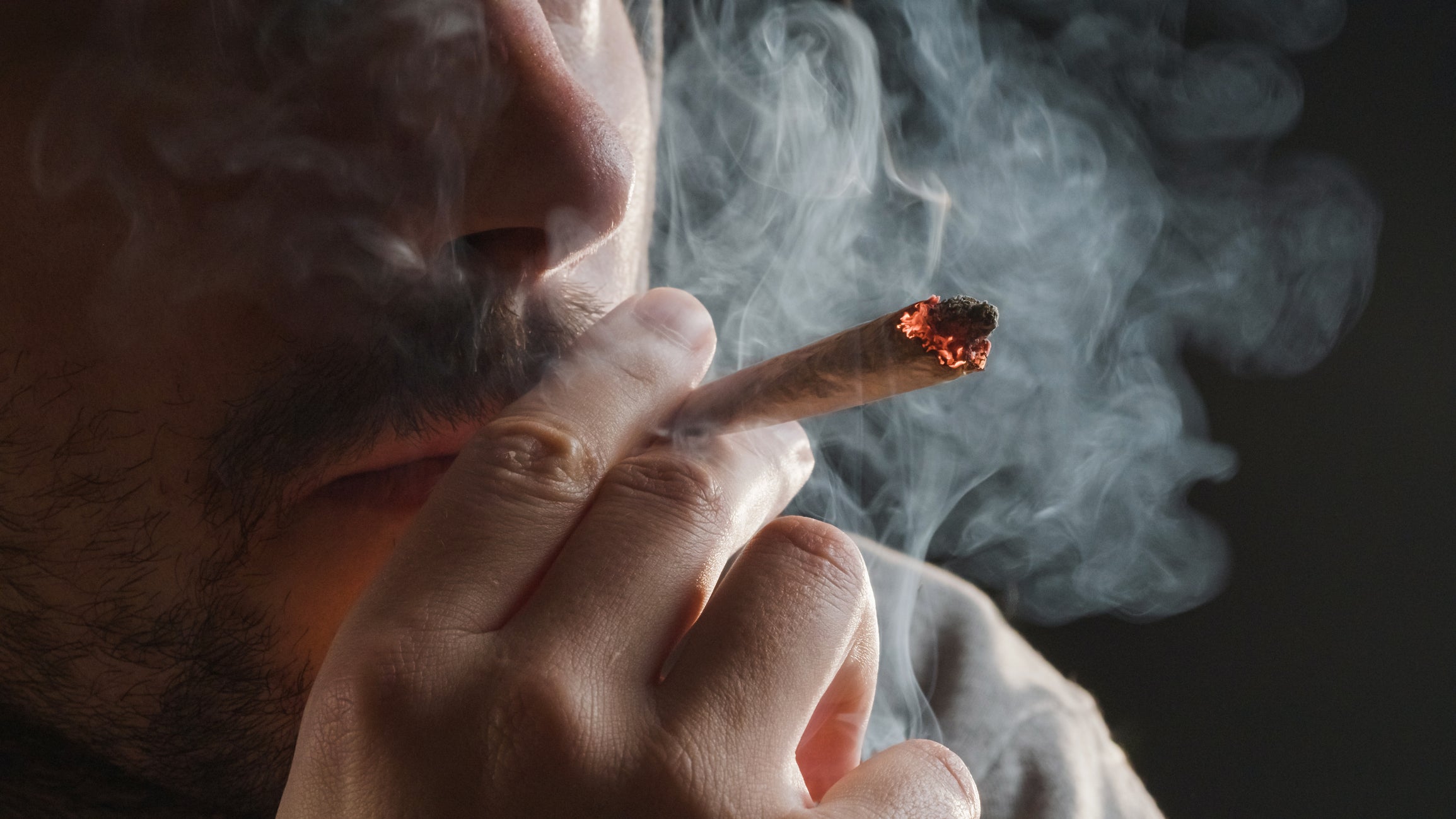Legalising cannabis ‘linked to increased alcohol consumption’
The pattern was more likely among young adults aged 18 to 24 and men, reports Aisha Rimi


The legaliastion of recreational cannabis has led to a slight increase in alcohol consumption, a study has shown.
Researchers from the University of Pittsburgh looked at data for over 4.2 million adults across the US between 2010 and 2019, during which 11 states legalised recreational cannabis.
The study, published by the journal JAMA Health Forum, found that cannabis use “increases the probability that people drink, at least in the three years after legalisation”.
The pattern was more prevalent among young adults aged 18 to 24 and men.
“Recreational cannabis laws have made cannabis legally accessible to nearly half of US adults, but it has been unclear how this affects the use of other substances, such as alcohol,” said senior study author Coleman Drake, assistant professor in the Department of Health Policy and Management at Pitt Public Health.
Marijuana is now legal for recreational use in adults in 21 states, while 37 states have legalised the medical use of marijuana.
Survey respondents were asked about their typical alcohol habits, as well as any binge drinking or heavy drinking within the last month.
Researchers were also particularly interested in response differences before and after local recreational cannabis legalisation.
They found that any drinking among the respondents defined as consuming “at least one drink of any alcoholic beverage” over the prior month, increased by 1.2 percentage points over the first year following legalisation. However, this would drop during the next two years.
Adults aged 18 to 24 showed a 3.7 percentage point increase in drinking, while no other age groups showed a statistically significant increase in any level of drinking after marijuana was locally legalised.
Although a link between the legalisation of cannabis and an increase in alcohol consumption was found, researchers did not find any evidence of a long-lasting effect on binge or heavy drinking.
As a result of the findings, the research team believes that states that have legalised recreational marijuana should invest in further promotion of the dangers associated with alcohol.
With a focus on the groups that are more likely to drink more alcohol while using cannabis, US states can work towards mitigating potential health risks.
Such initiatives states could introduce before legalising cannabis include public health campaigns or alcohol tax strategies, said Professor Drake.
“In prior work, I found that recreational cannabis laws temporarily reduced opioid-related emergency department visits,” he added.
“We need to learn more about how cannabis legalisation affects all substance use, health, and non-health outcomes, such as drug-related arrest rates, work-related injuries, and labor market outcomes.
“Policymakers should try to think through all these costs and benefits as they consider passing recreational cannabis laws.”
Join our commenting forum
Join thought-provoking conversations, follow other Independent readers and see their replies
Comments


Bookmark popover
Removed from bookmarks